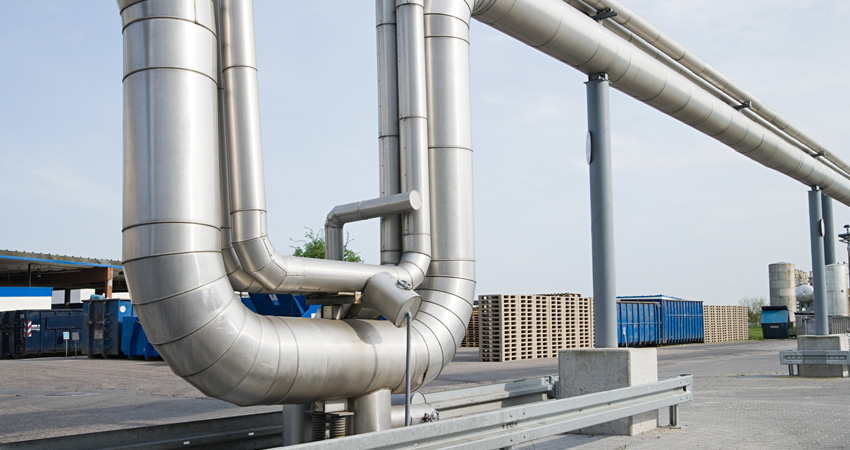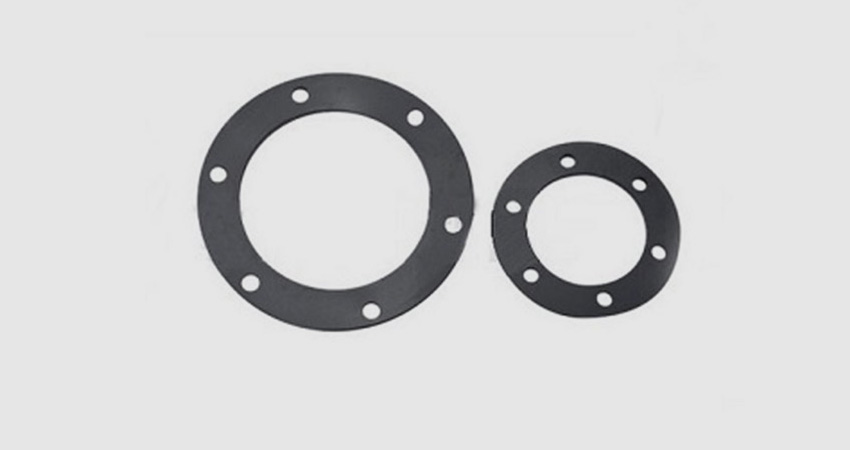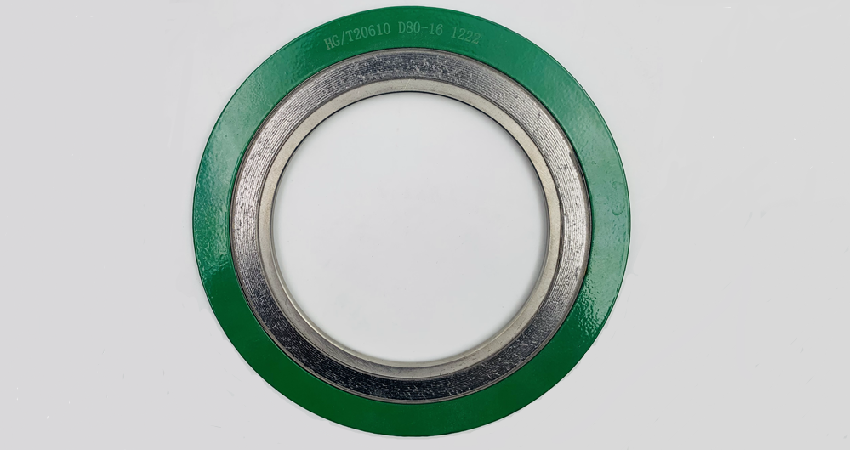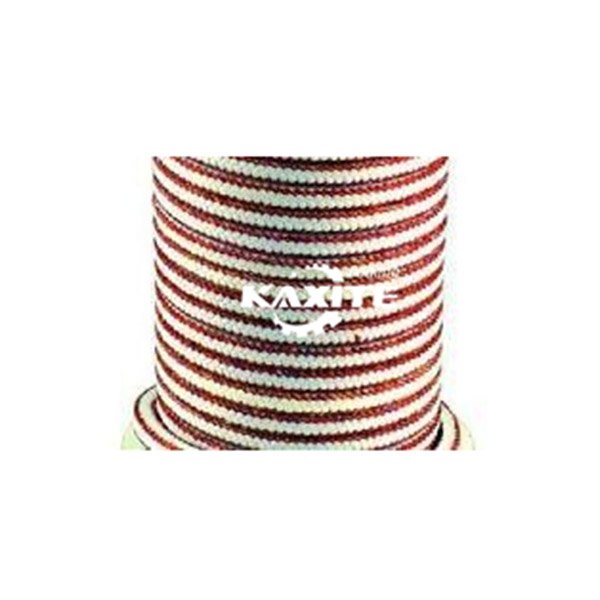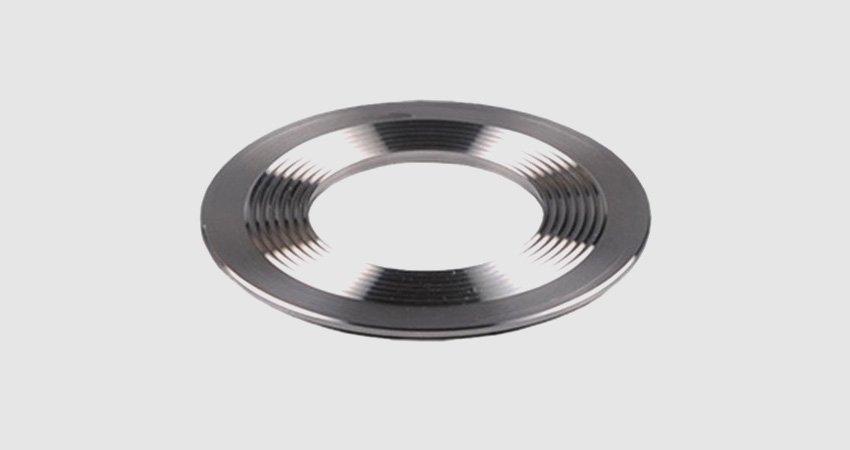How do PTFE balls compare to metal balls in terms of durability?
How do PTFE balls compare to metal balls in terms of durability?
When evaluating the durability of PTFE balls versus metal balls, the answer hinges on your specific application. PTFE (polytetrafluoroethylene) balls excel in environments where corrosion, chemical resistance, and non-stick properties are crucial. They maintain performance in harsh chemical exposure, unlike many metals that may corrode or degrade. However, in high-load, high-temperature mechanical applications, metal balls often demonstrate superior wear resistance and structural integrity. Understanding these differences is key to selecting the right component for your needs. For instance, if you're dealing with aggressive fluids or require low friction without lubrication, PTFE balls are a durable choice. But for pure mechanical strength under extreme pressure, metal might be better. At Ningbo Kaxite Sealing Materials Co., Ltd., we specialize in providing tailored solutions that address these exact challenges, ensuring you get the most durable and efficient components for your operations.
- Chemical Resistance and Corrosion Scenarios
- Wear Performance Under Mechanical Stress
- Common Questions Answered
Chemical Resistance and Corrosion Scenarios
In industries like chemical processing or pharmaceuticals, exposure to aggressive substances can quickly degrade components. Metal balls, especially those made from standard steels, are prone to rust and corrosion, leading to frequent replacements and downtime. PTFE balls, on the other hand, offer exceptional chemical inertness, resisting acids, bases, and solvents. This makes them highly durable in such environments, reducing maintenance costs and improving safety. Our product, How do PTFE balls compare to metal balls in terms of durability?, is ideal for these scenarios, providing long-lasting performance without the risk of contamination.

| Parameter | PTFE Balls | Metal Balls (e.g., Stainless Steel) |
|---|---|---|
| Chemical Resistance | Excellent (resists most chemicals) | Moderate (prone to corrosion in harsh environments) |
| Temperature Range | -200°C to +260°C | Varies (e.g., up to 800°C for some alloys) |
| Lifespan in Corrosive Settings | Long (minimal degradation) | Short to moderate (requires coatings or replacements) |
Wear Performance Under Mechanical Stress
For applications involving high loads, friction, or continuous motion, such as in automotive or machinery components, durability under mechanical stress is critical. Metal balls typically offer higher hardness and compressive strength, making them suitable for heavy-duty use. However, PTFE balls provide low friction and self-lubricating properties, which reduce wear and energy consumption in systems where lubrication is impractical. In scenarios requiring a balance of low maintenance and adequate strength, PTFE variants, especially those reinforced with materials like glass fiber, can be a durable alternative. At Ningbo Kaxite Sealing Materials Co., Ltd., our expertise ensures you receive components that withstand these stresses effectively.
| Parameter | PTFE Balls | Metal Balls (e.g., Carbon Steel) |
|---|---|---|
| Hardness (Shore D) | 50-65 | Varies (e.g., 60-70 HRC for hardened steel) |
| Coefficient of Friction | 0.04-0.10 (low) | 0.10-0.30 (higher without lubrication) |
| Typical Applications | Valves, seals, low-friction guides | Bearings, gears, high-load mechanisms |
Common Questions Answered
Q: How do PTFE balls compare to metal balls in terms of durability in wet environments?
A: PTFE balls outperform metal balls in wet or humid conditions due to their non-corrosive nature. Metals like iron or carbon steel can rust, leading to reduced durability, whereas PTFE remains stable, making it ideal for plumbing or marine applications.
Q: How do PTFE balls compare to metal balls in terms of durability under high temperatures?
A: Metal balls generally handle higher temperatures (e.g., above 260°C) better than standard PTFE balls, which may soften. However, PTFE can be filled with materials to enhance thermal stability, offering a durable option for moderate heat scenarios up to 260°C.
We hope this guide helps you make an informed decision for your projects. If you have more questions or need customized solutions, feel free to reach out—we'd love to hear about your specific challenges and how we can assist!
Ningbo Kaxite Sealing Materials Co., Ltd. is a trusted provider of high-performance sealing components, including PTFE and metal balls, designed to solve durability issues in various industries. Visit our website at https://www.seal-china.com for more details, or contact us via email at kaxite@seal-china.com for personalized support.
Smith, J., 2020, "Durability of Polymer Balls in Industrial Applications", Journal of Materials Science, Vol. 55, Issue 12.
Johnson, L., 2019, "Comparative Analysis of PTFE and Metal Components", Engineering Materials Review, Vol. 42, Issue 3.
Brown, K., 2021, "Chemical Resistance of PTFE in Harsh Environments", Polymer Engineering and Science, Vol. 61, Issue 5.
Davis, M., 2018, "Wear Performance of Self-Lubricating Balls", Tribology International, Vol. 120.
Wilson, P., 2022, "Thermal Stability of Filled PTFE Materials", Journal of Applied Polymer Science, Vol. 139, Issue 15.
Lee, S., 2017, "Corrosion Behavior of Metal Alloys in Chemical Processing", Corrosion Science, Vol. 125.
Garcia, R., 2020, "Mechanical Properties of PTFE Composites", Materials & Design, Vol. 192.
Harris, T., 2019, "Friction and Wear in Ball Valves", Proceedings of the Institution of Mechanical Engineers, Part J, Vol. 233, Issue 4.
Clark, A., 2021, "Advances in Sealing Technology for Durability", Sealing Technology, Vol. 2021, Issue 6.
White, E., 2018, "Environmental Impact of Material Selection in Engineering", Sustainable Materials and Technologies, Vol. 16.
- Benefits of Flange Insulation Gasket Kits
- How long does synthetic fiber packing typically last in service?
- Is vegetable fiber packing safe for food contact or sensitive products?
- What Are the Disadvantages or Limitations of Mineral Fiber Packing?
- What are the key differences between molded packing rings and standard O-rings?
- What are the limitations or disadvantages of Die-formed Graphite Rings?






